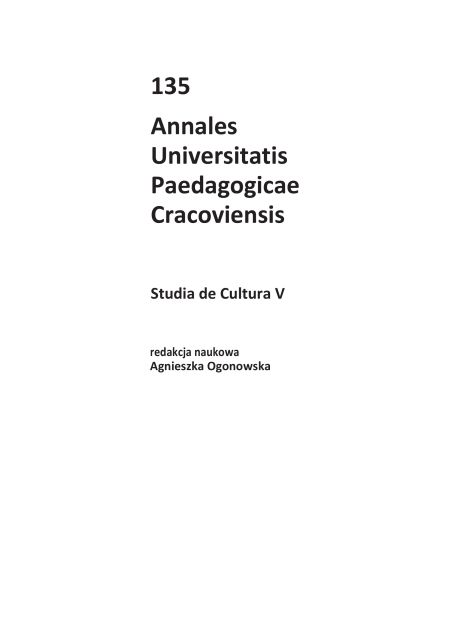Abstrakt
What do the participants do with the media content? Advertising and “guerilla semiotics” in the participatory culture
Creating contents and distributing it in the Internet by the media recipients/customers is one of the determinants of the participatory culture. Amateur creativity takes different forms: from entries and comments, to reviews and common content editing, to the short videos posted on YouTube. With regard to the advertising industry, the contents created by the users may be both promotional (strengthening the attachment to a brand) and countercultural (undermining the sense of communication). The article discusses, on the example of the advertising spot Evolution (made by Dove) and related amateur videos posted on YouTube, the users’ actions which undermine, ridicule and consequently devalue the meaning of the original text.
Bibliografia
The Real Truth about Beauty: A Global Report, 2004, http://www.strategyone.com/documents/dove_white_paper_final.pdf (data dostępu: 15.11.2011).
Zobacz w Google Scholar
Blackshow P. (2006), Real Beauty, Real Breakthrough in Consumer-Fortified Media, http://www.clickz.com/clickz/column/1698912/real-beauty-real-breakthrough-consumer-fortified-media (data dostępu: 25.10.2011).
Zobacz w Google Scholar
Eco U. (1996), Semiologia życia codziennego, przeł. J. Ugniewska i P. Salwa, Warszawa.
Zobacz w Google Scholar
Dawkins R. (1989), Samolubny gen, przeł. M. Skoneczny, Warszawa.
Zobacz w Google Scholar
Genette G. (1992), Palimpsesty. Literatura drugiego stopnia, przeł. A. Milecki, [w:] Współczesna teoria badań za granicą. Antologia, t. 4, cz. 2, red. H. Markiewicz, Kraków.
Zobacz w Google Scholar
Jenkins H. (2009), Confronting the Challenges of Participatory Culture: Media Education for the 21st Century, Cambridge–London.
Zobacz w Google Scholar
Klein N. (2004), No logo, tłum. H. Pustuła, Izabelin.
Zobacz w Google Scholar
Levinson P. (2010), Nowe, nowe media, przeł. M. Zawadzka, Kraków.
Zobacz w Google Scholar
Nycz R. (1993), Tekstowy świat. Poststrukturalizm a wiedza o literaturze, Warszawa.
Zobacz w Google Scholar
Trzeciak D. (2008), Marketing wirusowy, [w:] E-marketing w akcji, czyli jak skutecznie wzbudzać pożądanie klientów i zazdrość konkurencji, red. K. Pankiewicz, Gliwice.
Zobacz w Google Scholar
Tuten L.T. (2008), Advertising 2.0. Social Media Marketing in a Web 2.0 World, London.
Zobacz w Google Scholar
Wolf N. (2008), Mit piękności tłum. B. Limanowska, [w:] Antropologia ciała. Zagadnienia i wybór tekstów, red. M. Szpakowska, Warszawa.
Zobacz w Google Scholar

